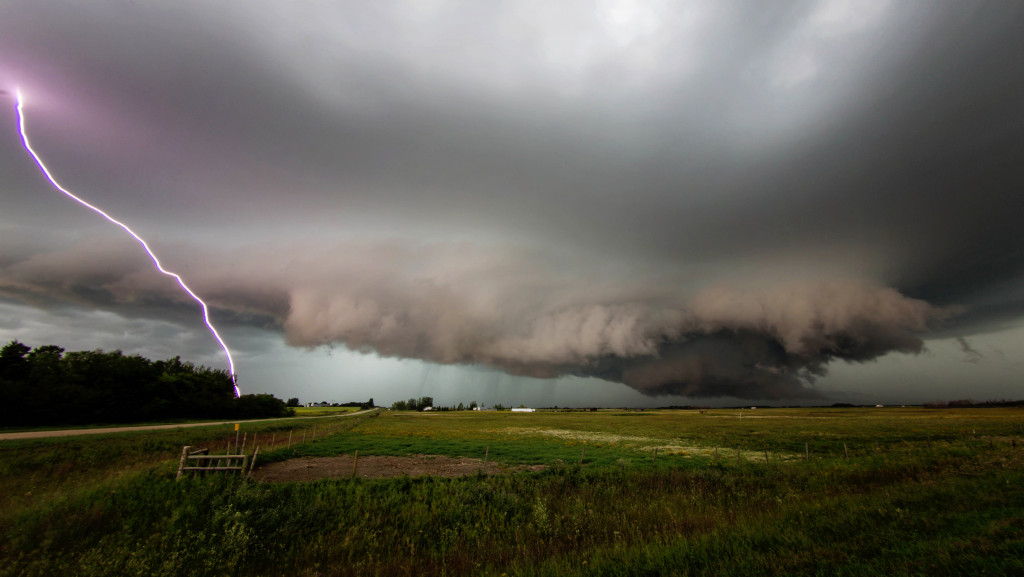- Understand and mitigate natural disasters, such as earthquakes, tropical storms, hurricanes, tornadoes, and droughts.
- Reduce environmental impact by investing in conservation efforts and utilizing eco-friendly products.
- Protect your business from water and air pollution by reducing emissions and using air purification systems.
- You can prepare for climate change by reducing your carbon footprint and utilizing energy-efficient products.
- Minimize soil pollution by using eco-friendly products and disposing of hazardous waste properly.
In today’s business world, it’s essential to consider the environmental risks that could affect your profitability. From natural disasters to pollution, these risks can have devastating effects on your business. Here are environmental hazards that every business owner should be aware of to minimize their impact. By understanding and mitigating these risks, you can maximize your profitability and protect your business for years to come.
Natural Disasters
Natural disasters are one of the most common environmental risks that can impact your business. There are many kinds of natural disasters, and each one requires a different approach to mitigate the risks. Here are the most common ones you need to know about:
Earthquakes
Earthquakes are one of the most destructive natural disasters that can occur. They can cause severe damage to buildings, disrupt power and communications, and even cause fires or flooding. For businesses in earthquake-prone areas, it’s essential to have a comprehensive plan in place for response and recovery.
Tropical Storms and Hurricanes
Storms and hurricanes can cause flooding, wind damage, and power outages. Businesses should have emergency plans to protect themselves from the effects of these storms. The aftermath of these storms can also cause significant damage to commercial establishments through flooding and water damage.
Call a professional flood restoration company immediately if this happens to your business. They are experienced in water removal, cleaning and sanitizing surfaces, and restoring damaged areas. They can also help with dehumidifying any areas affected by moisture and mold.
Tornadoes
Tornadoes are violent storms that can cause significant damage to buildings and infrastructure. Businesses in tornado-prone areas should take steps to secure their property and equipment and create a plan for recovery in the aftermath of a storm.
Drought
Drought can cause severe damage to businesses and the surrounding environment. Drought can lead to water shortages, crop failures, and other economic impacts. Businesses should plan for drought scenarios by investing in conservation efforts and adopting strategies for efficient water use.
By being knowledgeable about the different kinds of natural disasters, you can plan ahead and be prepared to protect your business.
Water Pollution

Water pollution is a growing concern for businesses around the world. It can be caused by various sources, including industrial waste, agricultural runoff, and oil spills. Water pollution can severely affect your business, including fines, lawsuits, and reputational damage. To protect your business, you should take steps to reduce your environmental impact, such as using eco-friendly products and disposing of hazardous waste properly.
Air Pollution
Air pollution is another environmental risk that can impact your business. It can be caused by various sources, such as industrial emissions, vehicle exhaust, and wildfires. Poor air quality can lead to health problems for your employees and customers and can also result in fines and lawsuits. To minimize this risk, businesses should consider implementing air quality control measures, such as using air purification systems and reducing emissions.
Climate Change
Climate change has been a hot topic in recent years and for good reason. It has the potential to cause severe damage to businesses around the world. Rising sea levels, extreme weather events, and changing weather patterns can all significantly impact your business. To reduce this risk, you should take steps to reduce your carbon footprint, such as investing in renewable energy and using energy-efficient products.
Soil Pollution

Soil pollution is a lesser-known environmental risk but can be as damaging as other risks. Soil pollution can be caused by various sources, such as industrial waste, agricultural runoff, and improper waste disposal.
It can lead to health problems for your employees and customers and can also result in fines and lawsuits. To minimize this risk, businesses should take steps to reduce their environmental impact, such as using eco-friendly products and disposing of hazardous waste properly.
Environmental risks can significantly impact businesses, from natural disasters to air and water pollution. Business owners must understand these risks to maximize their profitability and protect them from potential damage or losses. By taking steps such as investing in renewable energy sources, using eco-friendly products, and having emergency plans in place, you can ensure that your business is prepared no matter what environmental risk comes its way.





